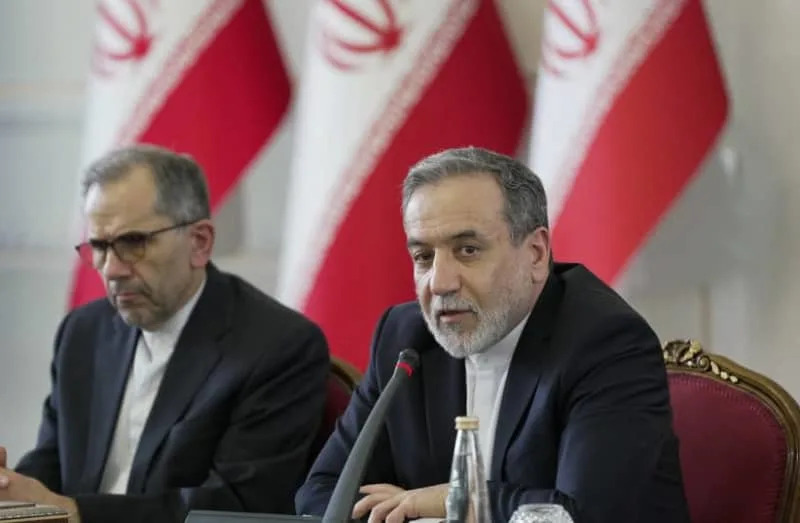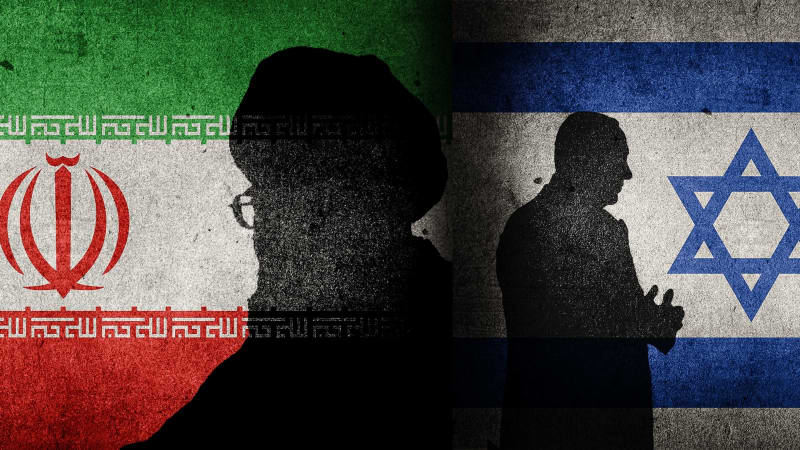Three weeks after the Israel-Iran War ended, Khamenei expelled the IAEA, refused US nuclear talks, and appears undecided on reconstituting nuclear and missile programs.
From June 13-24, Israel devastated Iran’s nuclear program, ballistic missile program, its anti-aircraft defenses, top military and nuclear chiefs, and symbols of the IRGC and Basij militia’s oppressive rule.
But after all of that, to date, there has been zero progress to set future limits on Iran’s nuclear or ballistic missile programs.
There was hope that after setting back Tehran’s nuclear program by a number of years and harming its ballistic missile program substantially, that the ayatollahs would finally sign a tougher nuclear deal that would really keep them away from nuclear weapons.
Also, there was a stretch to hope that the Islamic Republic would even modify its ballistic missile program to stop adding missiles that could reach Israel, settling for medium-range missiles.
Three weeks after the Israel-Iran War ended, Iran’s Supreme Leader Ayatollah Ali Khamenei expelled the IAEA from his country, refused to talk with the US about his nuclear program, but also seems undecided as to whether he will push forward to reconstitute his nuclear and ballistic missile programs.

IRANIAN FOREIGN MINISTER Abbas Araghchi speaks at a meeting with foreign ambassadors in Tehran on Saturday. Israel’s most pressing strategic challenge today is Iran, states the writer in his open letter. (credit: Iranian Foreign Ministry/West Asia News Agency/Reuters)
On Tuesday, Iran was expected to hold meetings with Russia and China to better size up both how much these countries are willing to help Khamenei.
The laundry list is long.
Iran wants to rebuild its nuclear program
Iran wants their help to rebuild what it has lost in the nuclear and ballistic missile arenas, as well as help to rebuild its anti-aircraft defense systems and possibly provide new offensive weapons, like more advanced aircraft.
But to date, the Islamic Republic has been thoroughly disappointed with its big brothers who stayed completely out of the war.
And in recent days, reports leaked that Russian President Vladimir Putin told Khamenei that he should accept a new nuclear deal without enrichment.
While Kremlin spokespeople deplored the report as “defamation,” they also notably did not deny its substance, and, since the war, Putin himself has not backed Iran’s position publicly of continuing to enrich uranium.
The Jerusalem Post has also been told in the past by a wide variety of sources in multiple countries that neither Russia nor China wants Iran to get a nuclear weapon.
Their rationale is that they only support Tehran on a transactional basis when convenient, but that they are fearful of what the messianic ayatollahs might do with nuclear weapons.
So if Iran is still sorting out its game plan as it talks with its allies and sorts through the rubble of its once proud nuclear facilities to see how bad things are, what are all the other key parties’ game plan while Iran stonewalls?
In the worst case, with no IAEA inspectors in the country, it is easier for Khamenei to secretly move many different key aspects of Iran’s nuclear program to new concealed locations in order to try to sneak out quietly to a nuclear weapon.
At most, Iran seems ready to allow a limited return of IAEA inspectors, but not to any of the sensitive nuclear sites regarding which the world most wants to know the status of.
In some ways, Israel is the party that is most in the driver’s seat.
The imminent threat of a nuclear Iran has been removed by kinetic military force.
And Iran has zero air defense now, and probably for a period of several months if not longer.
E-3 threats of snapback sanctions
So in the near term, Israel could attack again if it sees Iran doing something it does not like – note the recent Defense Ministry announcement that Israeli satellites took tens of millions of photos of Iran leading up to and during the war.
It is the E-3 of England, France, and Germany, who really have the toughest decision.
On October 18, the main limits on Iranian centrifuges for enriching uranium drop, and the 2015 Iran nuclear deal mechanism to automatically snap back global sanctions on Iran for nuclear violations will expire.
The E-3 had been saying for several months that if Iran does not agree to a nuclear deal by the start of August, in two weeks, they would activate the snapback sanctions.
Iran had counter-threatened to kick out the IAEA inspectors and possibly to pull out of the Non-Proliferation Treaty (NPT) and its nuclear limits.
But all of that was before Israel removed Iran’s nuclear threat for a period of a couple of years, if not more.
Does the E-3 need to snapback sanctions now if Iran is not a near or medium-term nuclear threat?
Conversely, might the E-3 now be more emboldened to snap back sanctions when Iran pulls out of the NPT with no current functioning nuclear program, would not mean much, and when they have already kicked out the IAEA nuclear inspectors?
The Trump administration has not said much about Iran nuclear negotiations other than they hope they happen, but has not imposed any deadlines on Tehran to act. Mostly, the Trump administration is still trying to glory in its role dropping bombs on three nuclear sites, including one under a mountain and a hard-to-hit site, Fordow.
So there could be significant action in a couple of weeks regarding snapping back sanctions, and there could be a flurry of diplomatic activity to avert the Israel-Iran ceasefire breaking down.
Or Israel and the West could decide that the snapback is less important in the new post-war reality, and instead sit back and relax, while using their own clandestine spying methods to watch whether Iran starts to rebuild its nuclear program, and wait to make threats until that issue is clearer.
